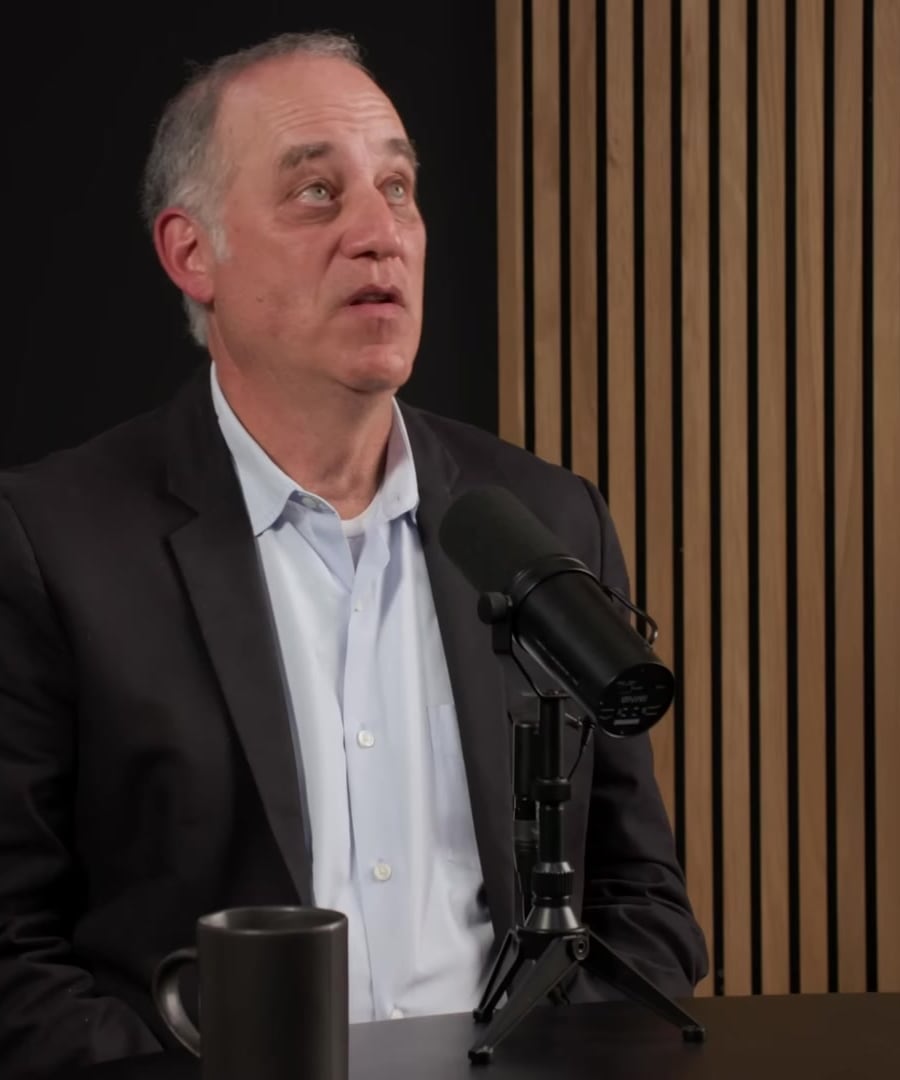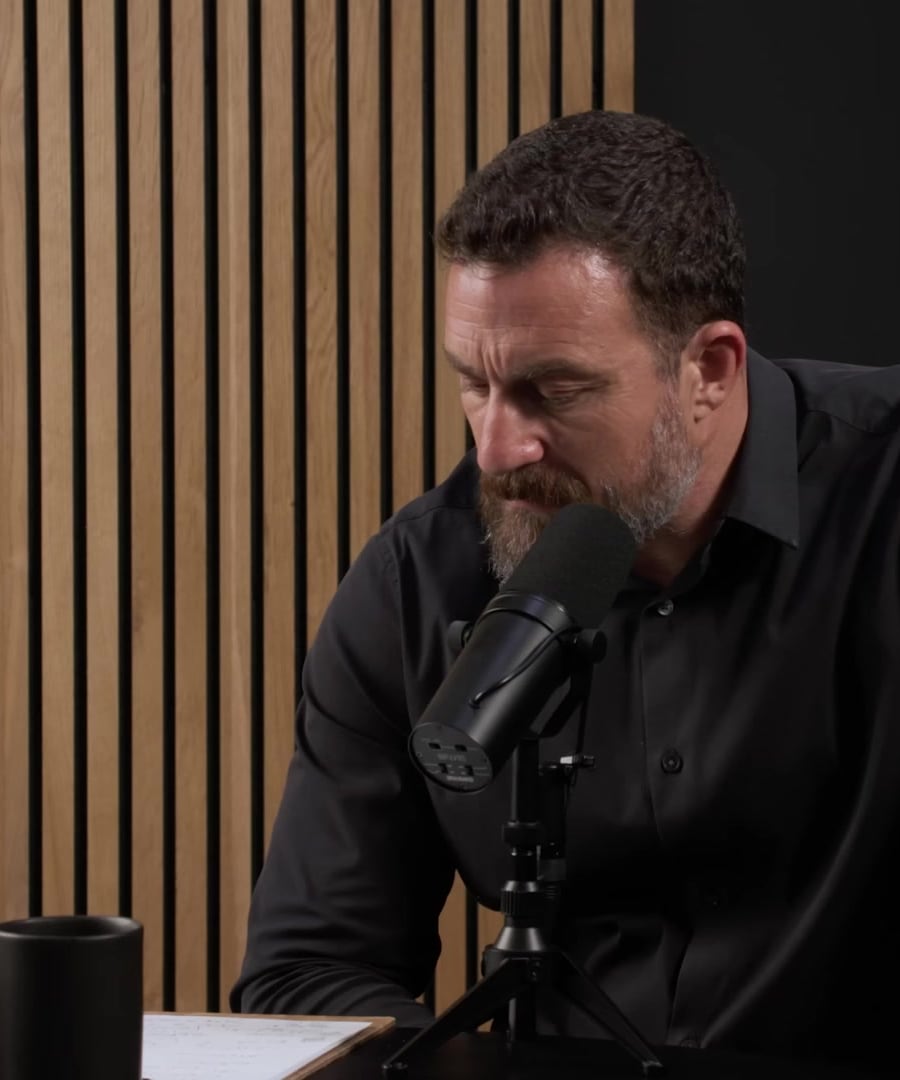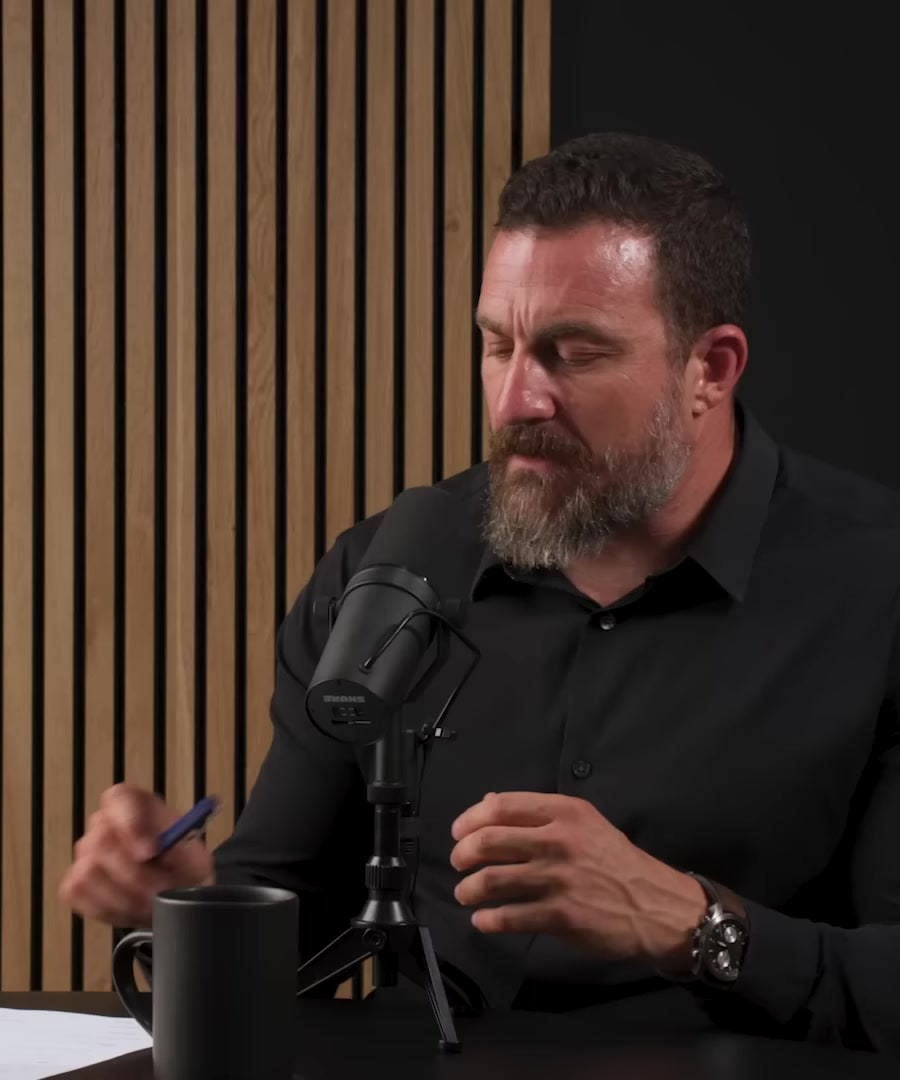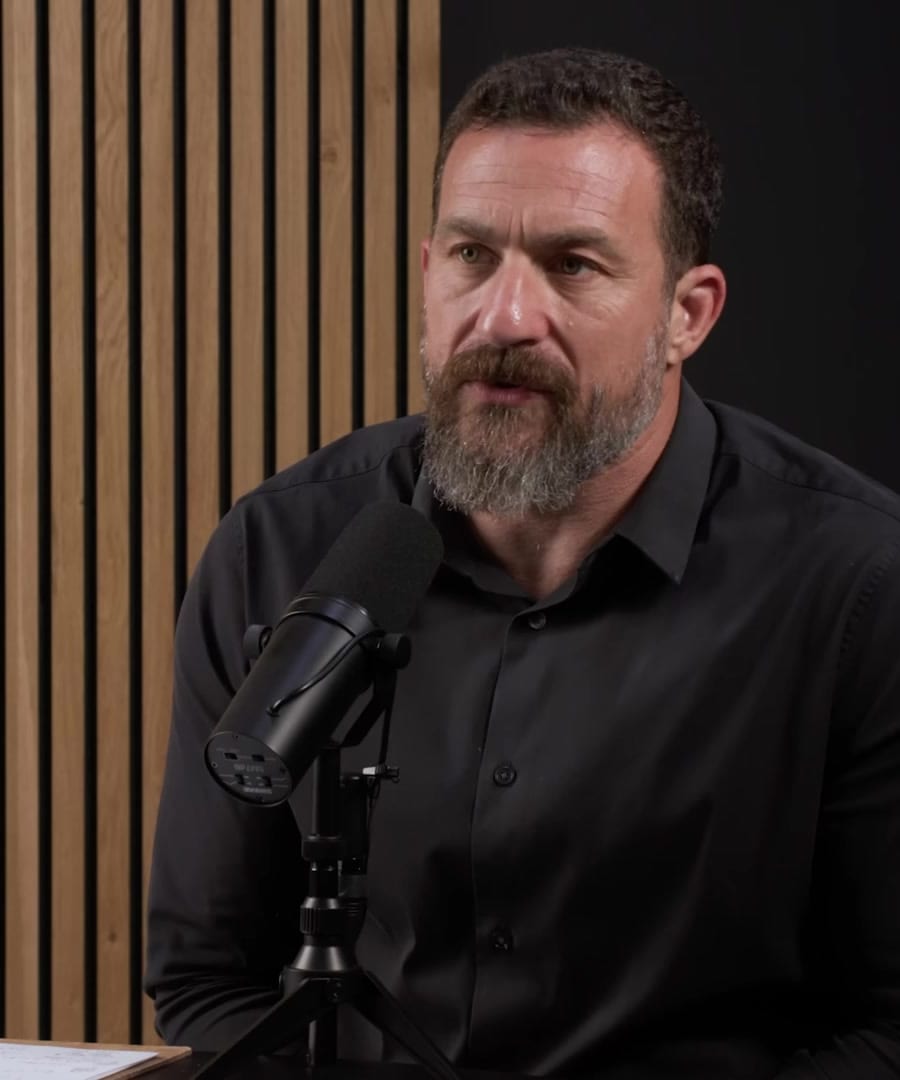Concussions
Sources:
Andrew Huberman discusses concussions and traumatic brain injuries (TBI), emphasizing several key aspects of recovery and ongoing challenges in understanding and treating these conditions:
-
Creatine Monohydrate for TBI-Related Symptoms: Creatine monohydrate supplementation might benefit those experiencing headaches, dizziness, and fatigue associated with TBI. It's a relatively safe, inexpensive supplement that has shown significant long-term impact on headaches specifically related to TBI. Andrew also emphasizes the importance of seeking medical advice before starting any new treatment 1.
-
Impact of Sleep Disruptions: Concussion often leads to disrupted sleep, which complicates recovery. The recommended approach to recovery now includes attempting normal activities as much as tolerated, without exacerbating symptoms like headache or sensitivity to light. This active approach is thought to promote recovery and facilitate the brain's return to normal functioning 2.
-
Persistent Post-Concussion Syndrome: While many people recover from concussions, a significant number experience persistent symptoms like mental cloudiness or light sensitivity even a year later. This condition is known as persistent post-concussion syndrome, and it highlights the need for better interventions and understanding 3.
-
Cognitive Enhancers: Cognitive enhancers like Racetams may aid those with mild cognitive impairments due to concussions or other brain injuries. These enhancers work through the cholinergic system in the brain, potentially improving focus and cognitive function 4.
-
Near Far Exercises: Exercises like pencil push-ups, which involve focusing on an object as it moves closer and then farther away, can be beneficial in visual rehabilitation post-concussion. These exercises help train and regain control of eye movements disrupted by brain injuries 5.
-
Understanding the Nature of Concussion: A concussion involves the tearing of axons in the brain, typically in the frontal lobes. Understanding the nature of this injury is crucial for management and recovery. Symptoms often manifest as executive dysfunction, described as a mental fogginess 6.
These discussions emphasize a multifaceted approach to understanding, treating, and managing the effects of concussions, suggesting that recovery is often complex and ongoing.
RELATED QUESTIONS-





